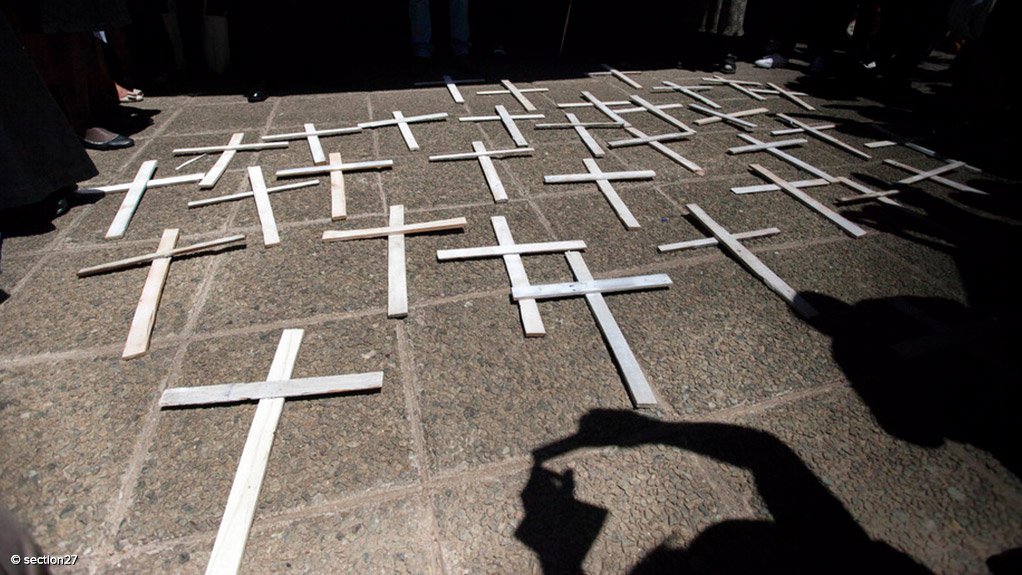From the story of a man who had lost so much weight he had to hold up his trousers with shoelaces, to a son who was so hungry he also ate the packaging of the food a relative had brought him.
These were just two incidences that health ombudsman Professor Malegapuru Makgoba said he had uncovered as he testified before the Life Esidimeni alternative dispute resolution hearing.
The hearing got underway in Parktown, Johannesburg on Monday morning. Makgoba said the actions which led to the deaths of 118 Life Esidimeni patients showed "a total disregard for human dignity and human respect".
Makgoba was the first person to be called by state advocate Tebogo Hutamo.
Hutamo represented the Gauteng health department and the provincial government.
Makgoba's report on the events that led to the deaths of the patients was released on February 1.
'Traumatic'
Makgoba said the department’s decision to move patients to other facilities - which weren’t equipped to deal with them - resulted directly in their deaths.
"Many families didn’t know where their loved ones were. It was very traumatic and very frustrating for them," he said.
He said more than 80% of the patients died in only five of the NGOs to which they were moved.
Makgoba said the overarching reason for the deaths was the lack of food, while other contributing factors included overcrowding as well as poor financial resources and facilities.
While patients from Life Esidimeni were moved to a facility in Cullinan, 10 patients from that facility were moved to an unlicensed facility which didn't have the resources or staff with the necessary qualifications.
"They moved some of the patients to an unlicensed NGO… They were sacrificed for the people who came from Life Esidimeni," said Makgoba.
Qualifications of the carers
Asked whether the patients who were moved from the Cullinan facility to the unlicensed NGO appeared ill, Makgoba said, "They had been living there for some time and there was no evidence that they were on their way out [until they were moved away from that facility]."
"The quality and qualifications of the carers isn’t something we should be proud of as a country," he said.
Makgoba said it was "very obvious that some of the NGOs were very economical with the truth" during his investigation into the circumstances surrounding the deaths.
Earlier, during opening statements Advocate Adila Hassim, who represented 55 families on behalf of Section 27, said the arbitration hearing would be an opportunity for the families to tell their stories.
"The sorry tale of extreme neglect, insufficient or rotten food, exposure to cold, lack of medication, overcrowding, abuse, death, late notifications of death, picking through bodies stacked upon each other in morgues is best told by the families themselves," she said.
"What was the motivation that drove this course of action? The burden of answering this lies with the government," she said.
The hearings are set to continue on Tuesday.
EMAIL THIS ARTICLE SAVE THIS ARTICLE
To subscribe email subscriptions@creamermedia.co.za or click here
To advertise email advertising@creamermedia.co.za or click here











